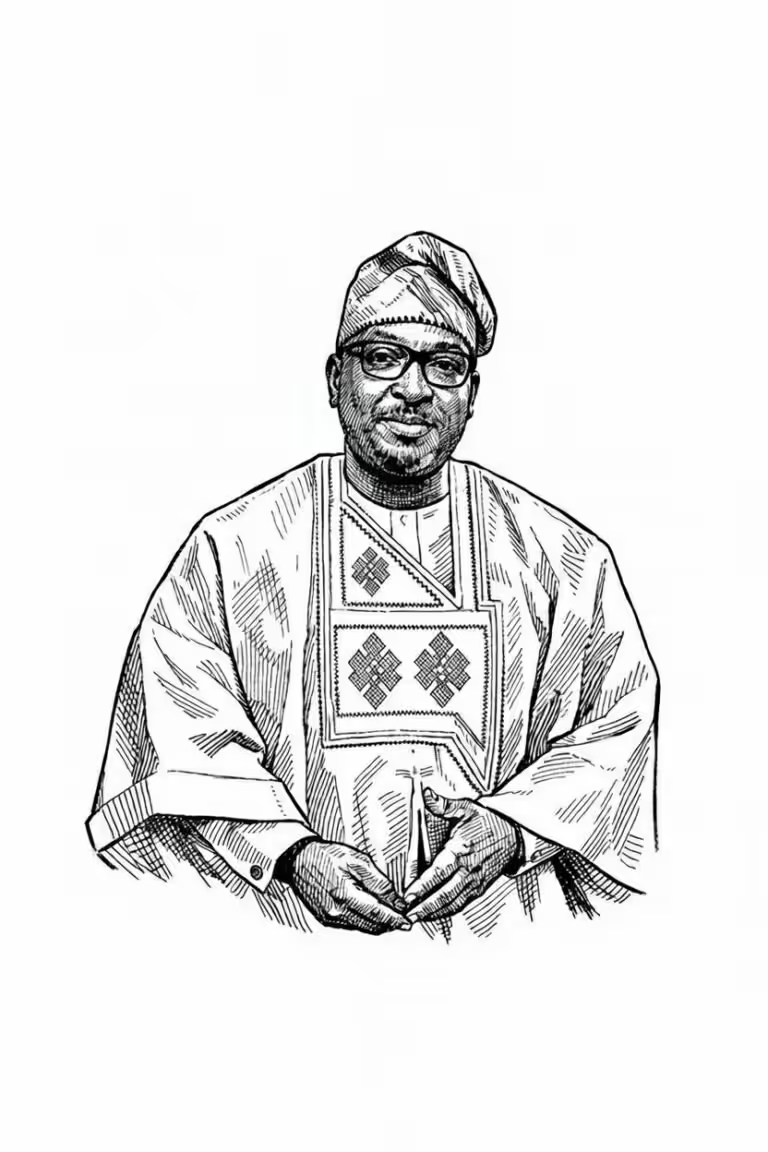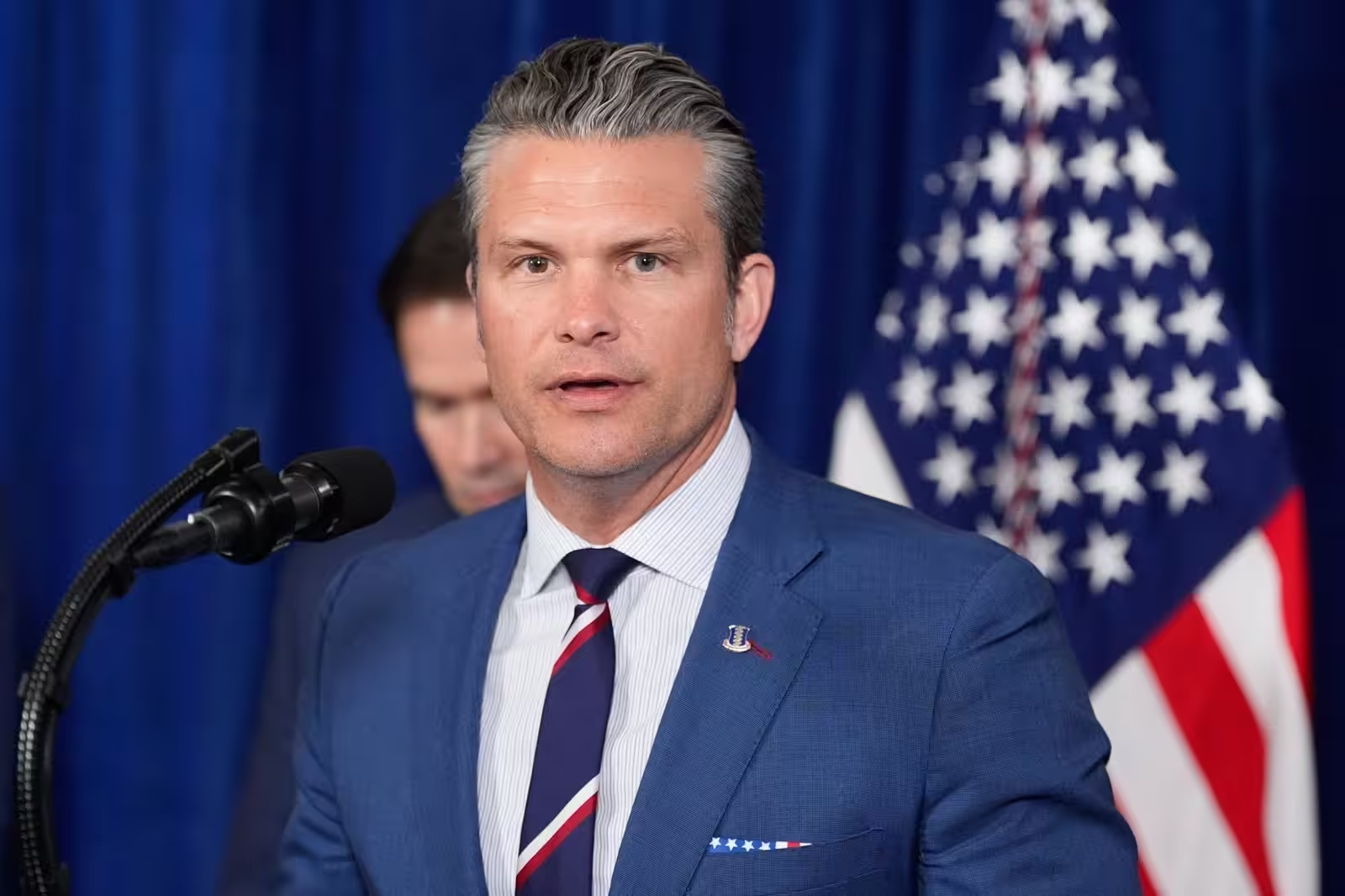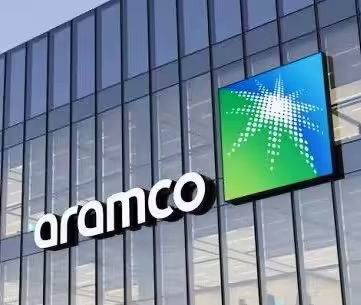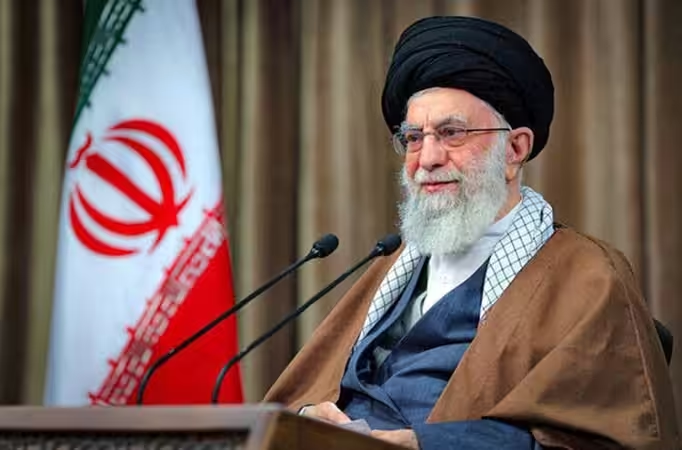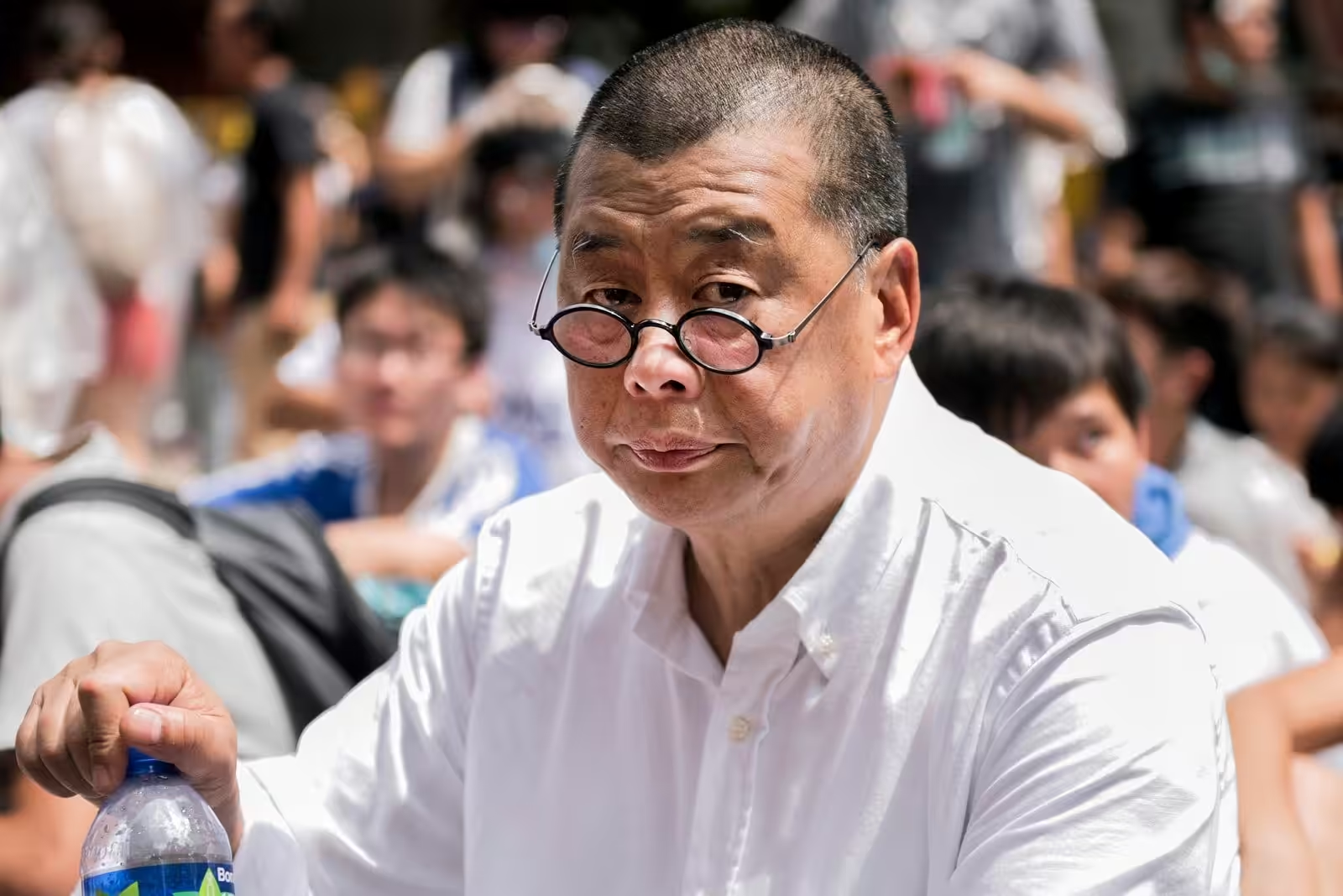The Trump administration has signaled support for a one-year extension of the African Growth and Opportunity Act (AGOA), offering a reprieve for the decades-old trade pact set to expire at the end of the month, a White House official said.
Since taking office in January, Trump’s administration has not publicly stated its position on AGOA, the 2000 law granting duty-free access to the U.S. market for more than 1,800 products.
In 2024, 32 nations remain eligible for AGOA benefits under the 25-year-old pact originally extended through 2025 under legislation passed in 2015. Its impact has already been weakened by President Donald Trump’s unilateral tariffs of 10% to 30% on African nations, creating uncertainty for exporters across the continent.
Kenyan President William Ruto, South Africa’s President Cyril Ramaphosa and Lesotho’s trade minister have all publicly urged Washington to extend the program. The diplomatic pressure reflects growing concerns about the economic consequences of losing preferential U.S. market access.
The International Trade Centre in Geneva warns that the program’s lapse could trigger a “major drop” in apparel and tuna exports from Kenya, Tanzania, Cape Verde, Lesotho and Eswatini. South Africa, the continent’s biggest economy, faces a 17% decline in shipments, with losses concentrated in metals, vehicles and chemicals, according to Bloomberg.
The benefits of AGOA have eroded in recent years as China has increased its competing exports and the Trump administration has imposed country-specific tariffs. Some nations stand to gain from the shift, with Angola, one of Africa’s top oil producers, exempted from new U.S. tariff measures.
Senegal’s position has strengthened thanks to its exports of titanium and zirconium. Senegal is the third-largest supplier of zirconium to the U.S., behind South Africa and Australia, both of which are now facing higher levies. According to the ITC, this could improve Senegal’s competitiveness despite softer U.S. demand.













